Carry with Conscience: Choosing Vegan and Sustainable Alternatives to Faux Leather Bags
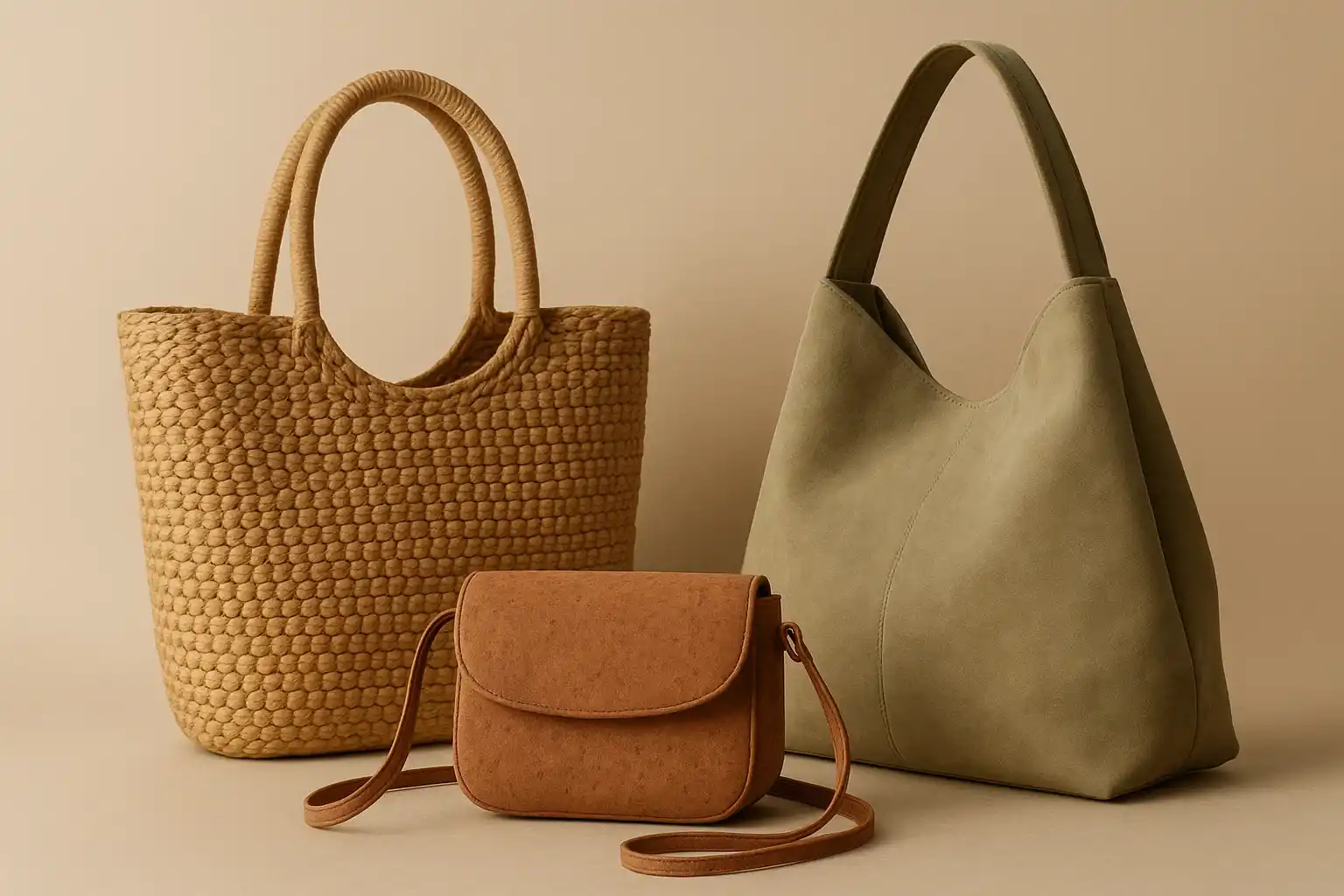
The world of fashion accessories offers a vast array of options for carrying our belongings, and bags made from faux leather, often marketed as a vegan alternative to traditional animal leather, have gained significant popularity. While seemingly providing an ethical choice by avoiding animal products, many faux leather materials are essentially plastic, typically made from polyurethane (PU) or polyvinyl chloride (PVC). These materials, derived from fossil fuels, contribute to environmental concerns through their production processes, lack of biodegradability, and potential for releasing harmful chemicals. For the environmentally and ethically conscious consumer, seeking truly sustainable and vegan alternatives to both traditional and faux leather bags is a crucial step towards a more responsible and planet-friendly wardrobe.
The environmental impact of faux leather, while avoiding the direct use of animal hides, can still be considerable. The production of PU and PVC relies on fossil fuels, contributing to greenhouse gas emissions and resource depletion. These plastic-based materials are not readily biodegradable, meaning discarded faux leather bags persist in landfills for centuries, adding to the growing problem of plastic waste. Furthermore, the manufacturing processes can involve the use of toxic chemicals that can harm both workers and the environment. Recognizing these drawbacks, many individuals are seeking truly sustainable and ethical alternatives that minimize environmental impact and align with vegan values.
Fortunately, a range of innovative and increasingly stylish vegan leather alternatives have emerged, offering durable and fashionable options crafted from plant-based and recycled materials. By opting for bags made from upcycled denim, utilizing the strong and sustainable fibers of hemp, or choosing the naturally beautiful and eco-friendly cork leather, consumers can make a conscious choice that supports animal welfare, reduces reliance on fossil fuels, and often utilizes waste streams to create fashionable and functional accessories. These alternatives demonstrate that style, ethics, and sustainability can go hand in hand, offering a way to carry our belongings with a clear conscience.
Carrying Kindness: Exploring Vegan and Sustainable Bag Alternatives
Moving beyond both traditional and faux leather opens up a world of innovative and environmentally responsible materials for bags:
Upcycled Denim Bags: Giving Textile Waste a Stylish New Life
Upcycled denim bags offer a fantastic way to reduce textile waste by transforming discarded jeans and denim scraps into durable and stylish carriers. By repurposing existing denim, manufacturers minimize the demand for new cotton cultivation and the associated water and energy consumption. Upcycled denim bags often have a unique and rugged aesthetic, showcasing the character of the original material. Choosing upcycled denim gives a new lease on life to textile waste and reduces the environmental impact of fashion.
Hemp Bags: Strength, Sustainability, and Natural Durability
Hemp bags are crafted from the strong and sustainable fibers of the hemp plant. Hemp is a fast-growing crop that requires minimal pesticides and herbicides, making its cultivation environmentally friendly. Hemp fibers are incredibly durable and resistant to wear and tear, resulting in long-lasting and reliable bags. Hemp bags often have a natural, earthy aesthetic and are a vegan-friendly alternative to both traditional and faux leather.
Cork Leather: The Naturally Sustainable and Vegan Choice
Cork leather bags offer a unique and increasingly popular vegan alternative made from the bark of cork oak trees. The harvesting of cork is a sustainable process that doesn't harm the trees, as only the bark is carefully removed, allowing the tree to regenerate. Cork leather is lightweight, durable, water-resistant, and has a distinctive natural texture and aesthetic. Bags made from cork leather, such as those offered by Corkor, provide a stylish and environmentally responsible alternative to both traditional and faux leather, supporting sustainable forestry practices and aligning with vegan values.
Completing Your Conscious Look: Ethical Accessory Choices
By consciously choosing bags made from upcycled denim, hemp, or cork leather, we can make a stylish statement that aligns with our ethical and environmental values. These alternatives offer a way to carry our belongings with a clear conscience, supporting a more sustainable and responsible fashion industry.
Related Blogs
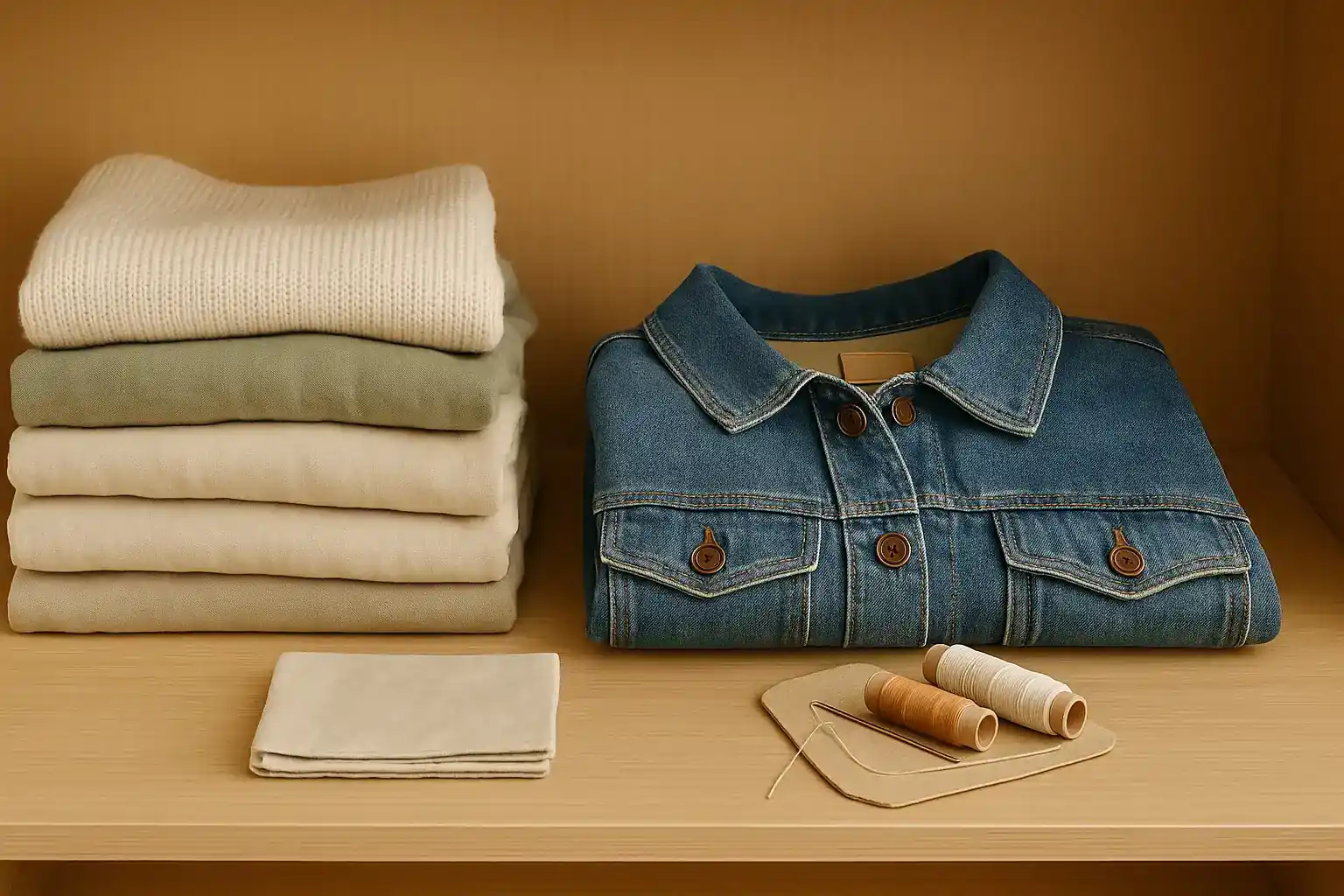
10 Transformative Wardrobe Swaps for a Lighter Environmental Fashion Footprint
Learn how to reduce your fashion footprint with impactful wardrobe swaps.
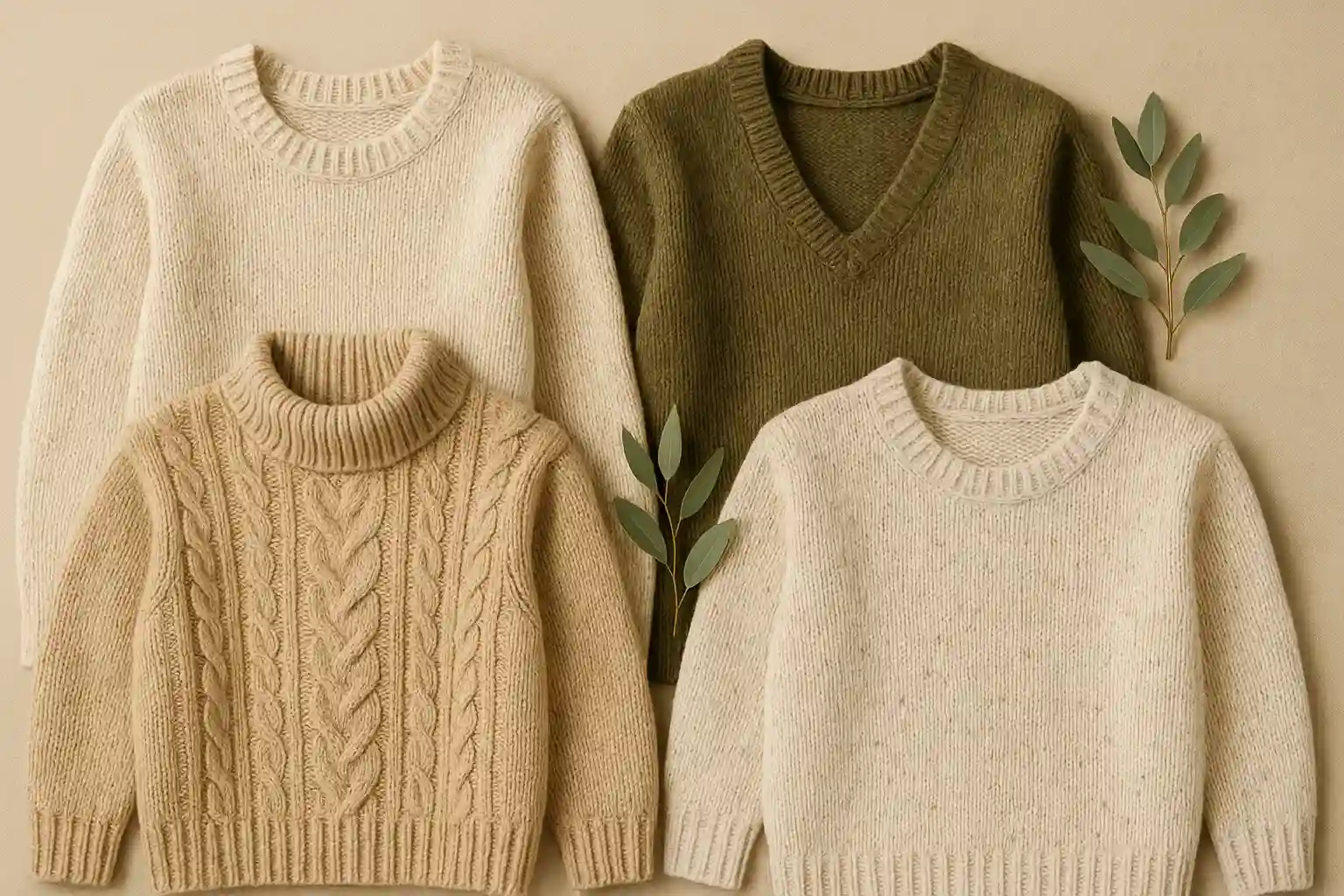
Wrap Yourself in Responsibility: Choosing Sustainable Alternatives to Acrylic Sweaters
Upgrade to durable and breathable wool (certified farms), alpaca, or Tencel-blend knits.
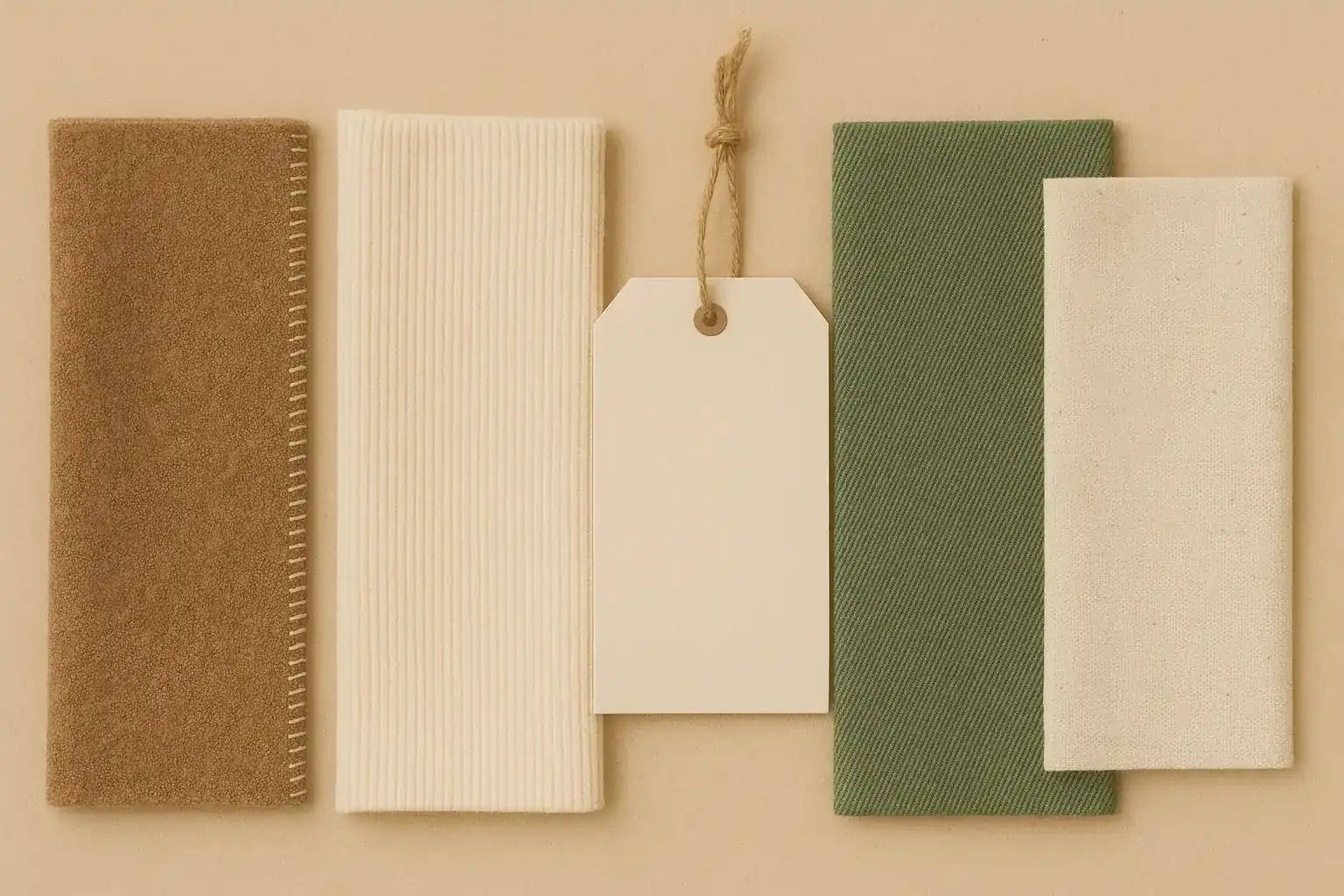
Decoding Fabric Labels: What's Really Sustainable?
Insights on decoding fabric labels in a sustainable way.

Outsmarting the Dry Cleaner: Choosing Machine Washable Naturals for a Toxin-Free Wardrobe
Avoid toxic PERC solvents by opting for machine washable organic cotton and linen clothing.
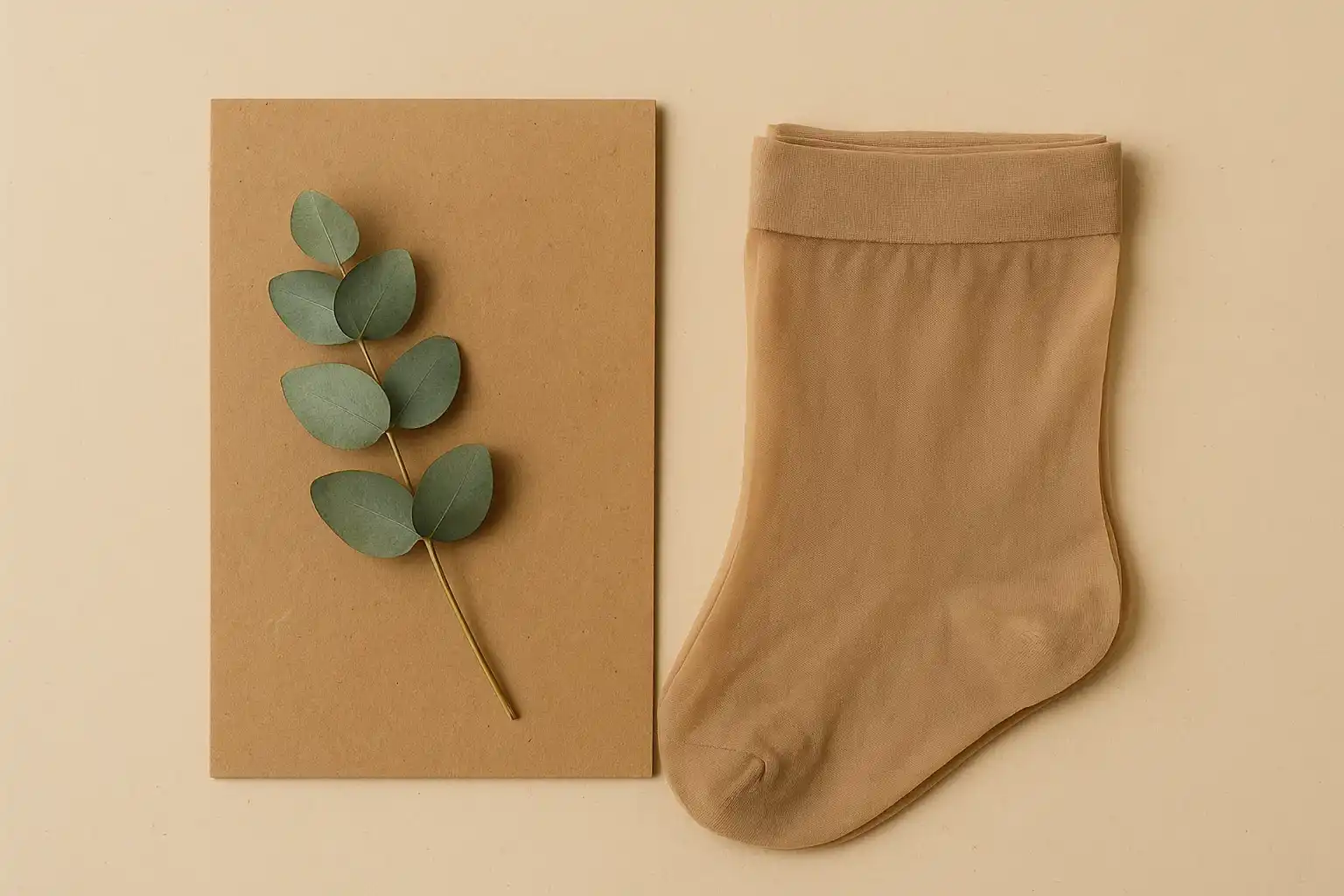
Step Lightly: Choosing Sustainable Alternatives to Nylon Stockings
Opt for recycled nylon, biodegradable, or ladder-resistant hosiery for longer wear and less waste.
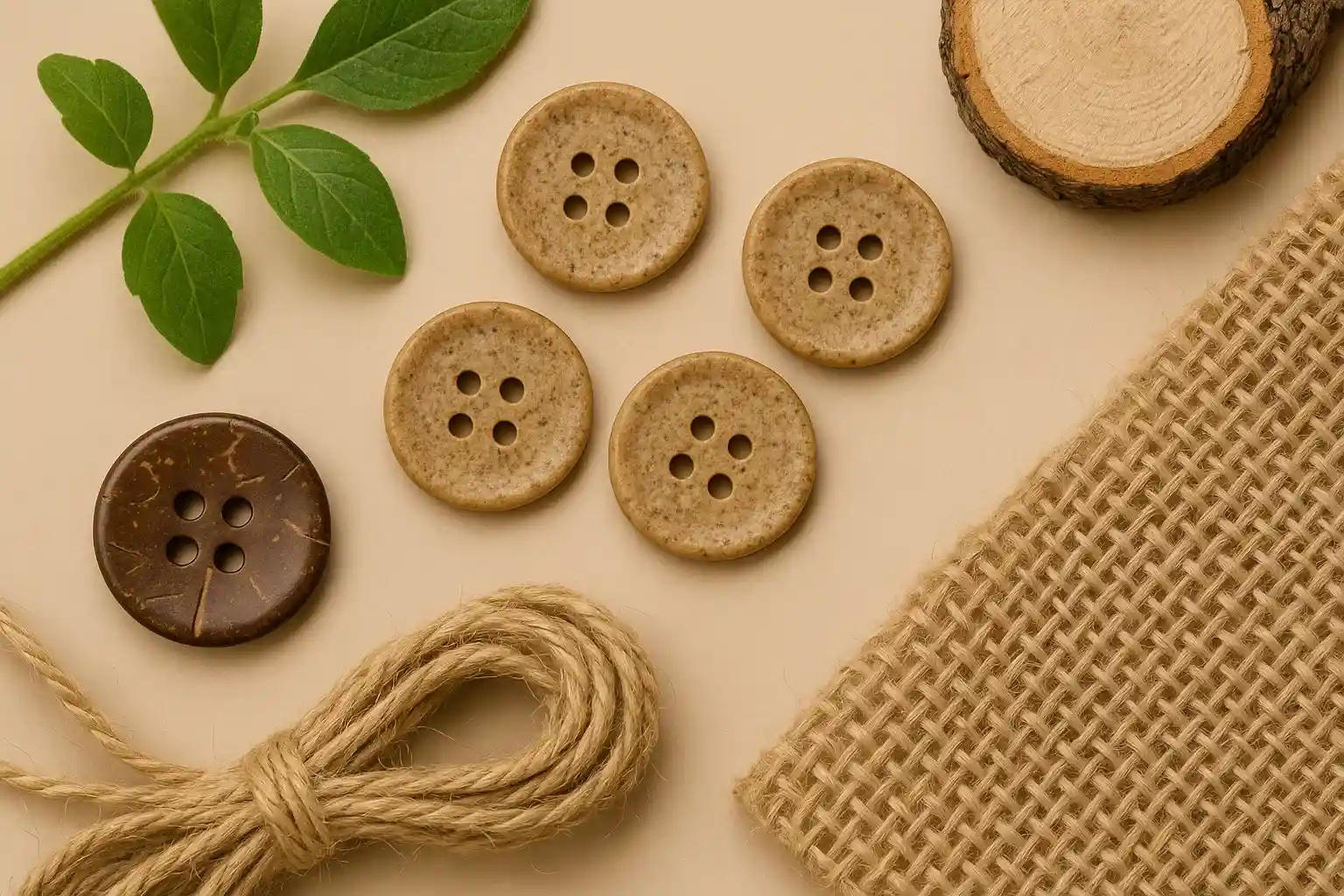
Fastening the Future: Choosing Sustainable Alternatives to Plastic Buttons
Opt for biodegradable coconut shell, corozo, or wood buttons for eco-conscious clothing.
Stay in the Loop
Get tips and insights tailored to your interests — no spam, just sustainability.